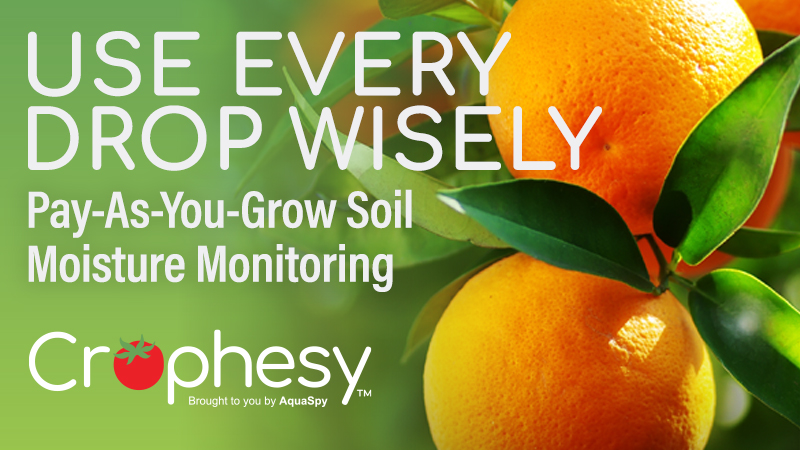Separating Fact From Fiction Crucial Amid Global Food Challenge
The political season brings out the best in some candidates and the worst in others. Most candidates voice positions based on what they believe the voter wants to hear. Alternatively viewed, they ignore issues where they cannot gain voter support for their solutions. You can do that with politics, but science can be a lot more difficult to mold into a friendly message. Scientists identify contestable issues and test hypotheses they believe add knowledge to the resolution of the problem or issue. Science implies that its message must be consistent with theory and observed behavior (data).
Scientists get criticized for publishing results that might not be friendly to the belief of different constituent groups. University of Florida Horticulturist Kevin Folta was villainized for “assistance in education, public relations, and legislative testimony regarding genetically-modified crops (GMOs) and associated products” in an article written by David Kroll and titled “What The New York Times Missed On Kevin Folta And Monsanto’s Cultivation Of Academic Scientists.” He was not villainized for his science, he was villainized because his research and education programs were supported by large agribusinesses that stood to potentially gain from his message.
Counting On Credibility
The link missed in this debate is that while agribusiness may have helped fund the research and education programs of Dr. Folta, the scientific community judged the science in these programs as credible. If you doubt the integrity of Dr. Folta’s message, just look at his vitae. His publications are extensive and have been reviewed by the scientific community in a vetting process, defined by Webster’s New World Dictionary in one form as “to examine, investigate, or evaluate in a thorough or expert way.” Scientific articles go through a blind review process where criticism keeps the paper from being published until the author validates the theory and results.
We have many issues that need to be addressed by the scientific community if we hope to double our food supply by 2050 as many scientists say needs to be done to feed the future of our world. All can be contentious issues in one form or another. We can view GMOs as “Frankenfood” or as part of the future that can help solve the world food crisis. If you do not believe there is a world food crisis, then look at what is happening in Africa and South Asia where stunting rates (a measure of height relative to age) can be as high as 40%, mostly attributed to poor nutrition. We also need to have science weigh in on poverty, conservation, and the environment. These are a part of the political landscape. And if we are to credibly address these issues, then science must be inserted into the process.
Politics And Policy
Risk management takes on many forms and is certainly something the agricultural community must consider as it plans for its future. Policy risk comes from policymakers who can change the rules by which you operate and impact the future viability of your business. Policy changes can be devastating (e.g., the impact of the ban on the use of methyl bromide for soil fumigation to farmers) or friendly (to environmentalists who view the ban on methyl bromide as necessary to protect the ozone layer).
Policymakers have only one vetting process that holds them accountable — their elections. Scientists have a role in policymaking to help separate fact from fiction in the policy debate. They are vetted by the scientific community. Get them involved in policymaking whenever possible to help understand the likely impact of alternative policy proposals.










